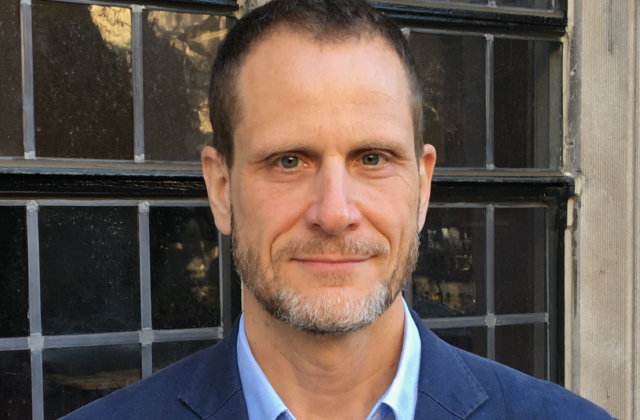Philip Gorski
NIAS fellow. Guest of the Director

Project title
The Fragmentation of the Sacred: An Alternative Narrative of Western Modernity
Research question
Is the modern West as "disenchanted", "differentiated" and "rationalized" as Neo-Weberian theories of "secularization" claim?
Project description
When seen in world-historical perspective, and in comparison with most Asian societies, the cultural pluralism that characterizes the contemporary West is in fact quite normal. What stands out about Western history isn’t its so-called “secularity,” but rather its Medieval “unity.” This Medieval “unity” was marked by a highly independent religious field with clear boundaries, a strict hierarchy, and rigid orthodoxy. It’s only when we consider this background that contemporary culture can retrospectively appear “unique” or “peculiar.”
Philip Gorski wants to create a framework to better understand today’s situation and to outline a historical narrative that explains it. This framework uses field theory and three key distinctions: sacred/profane, transcendent/immanent, and monopoly/free market. The narrative argues that a series of unique historical events allowed the Roman church to claim a monopoly over legitimate sacred practices. This subsequently collapsed, leading to the fragmentation of the sacred.
Selected publications
- Philip S Gorski. ‘Disenchantment of the World’ or Fragmentation of the Sacred? in Robert N. Bellah, Challenging Modernity, NY: Columbia University Press, 2024.
- Philip S Gorski (w. Samuel L. Perry), The Flag and the Cross: White Christian Nationalism and the Threat to American Democracy, NY: Oxford University Press, 2022.
- Philip S Gorski. American Covenant: A History of Civil Religion from the Puritans to the Present, Princeton: Princeton University Press, 2019.